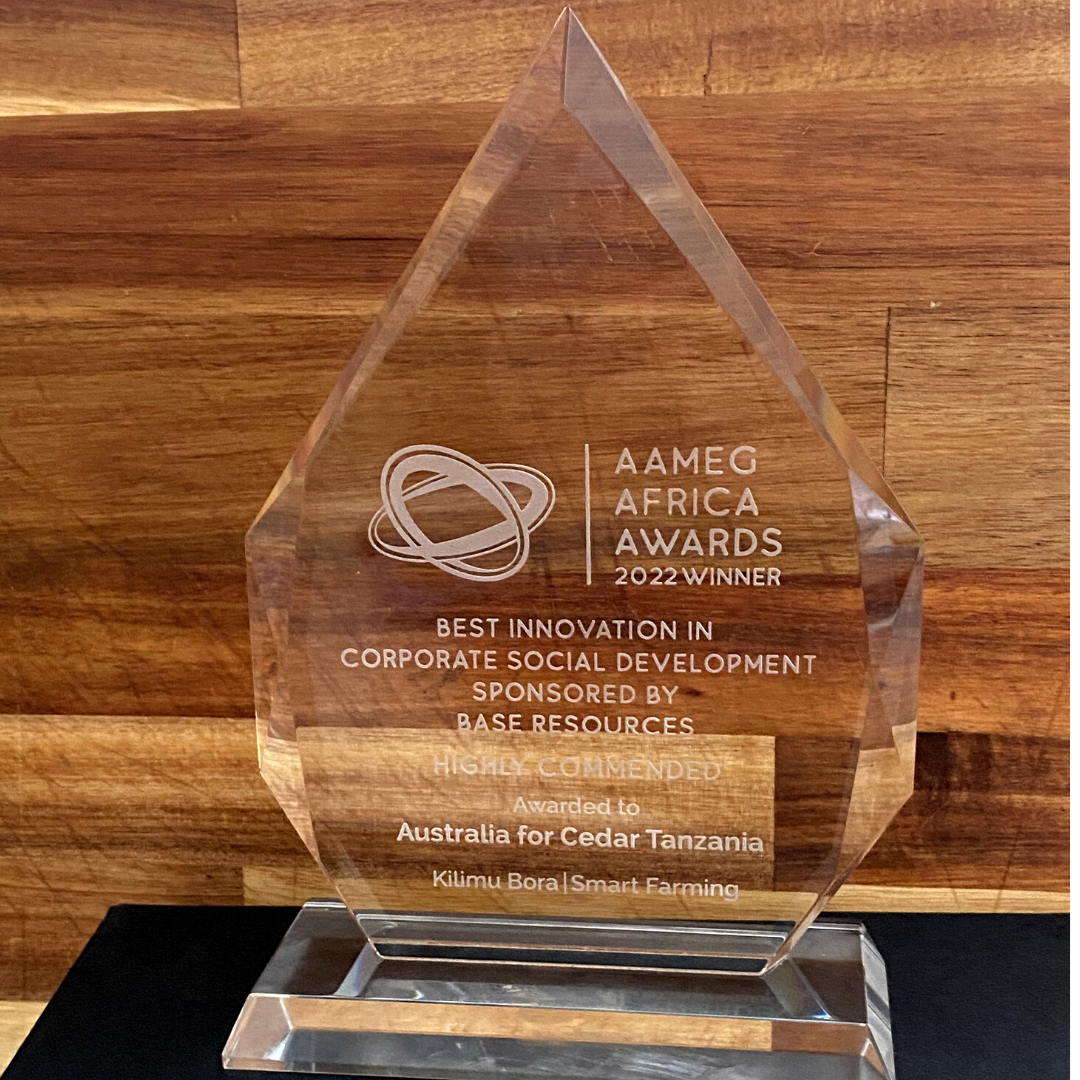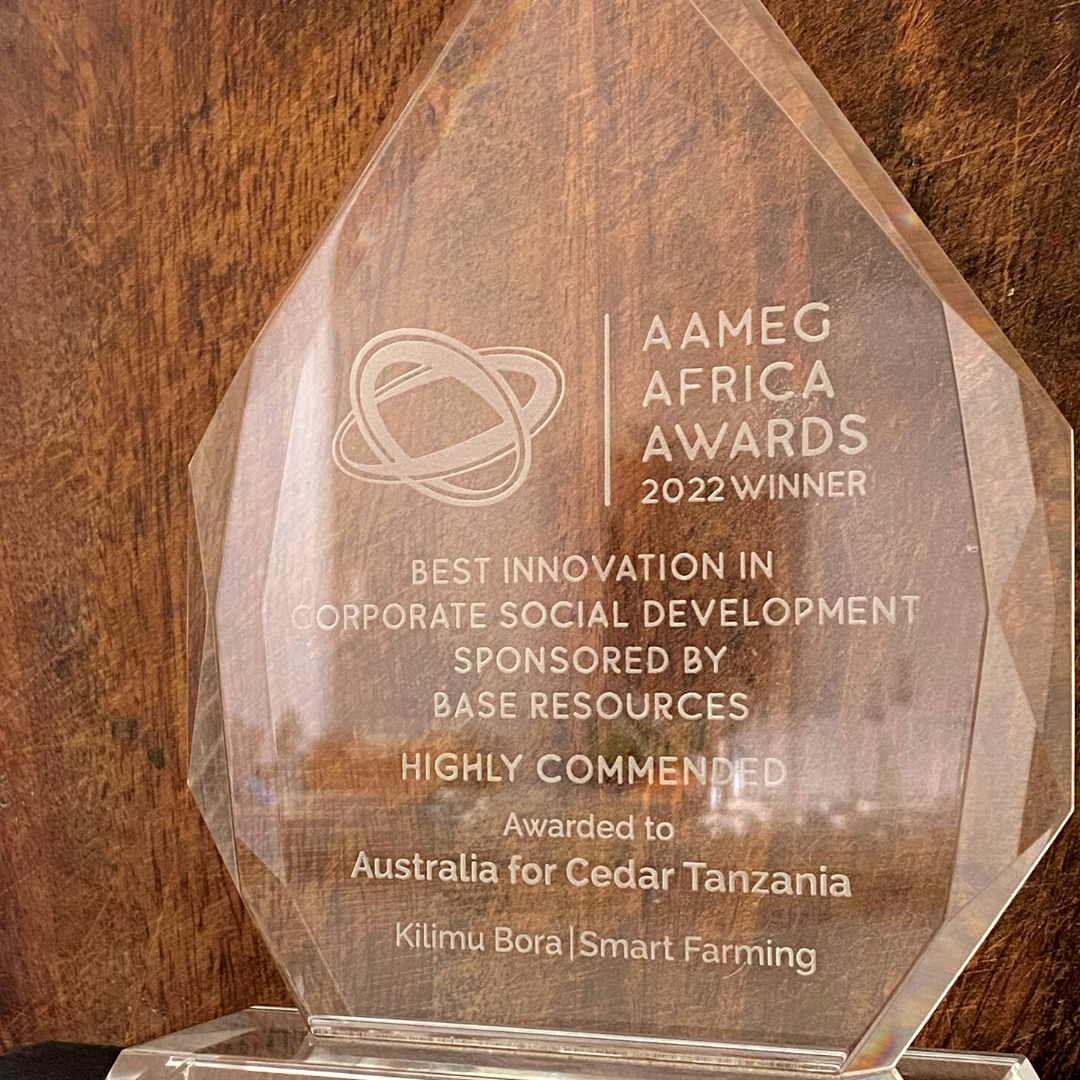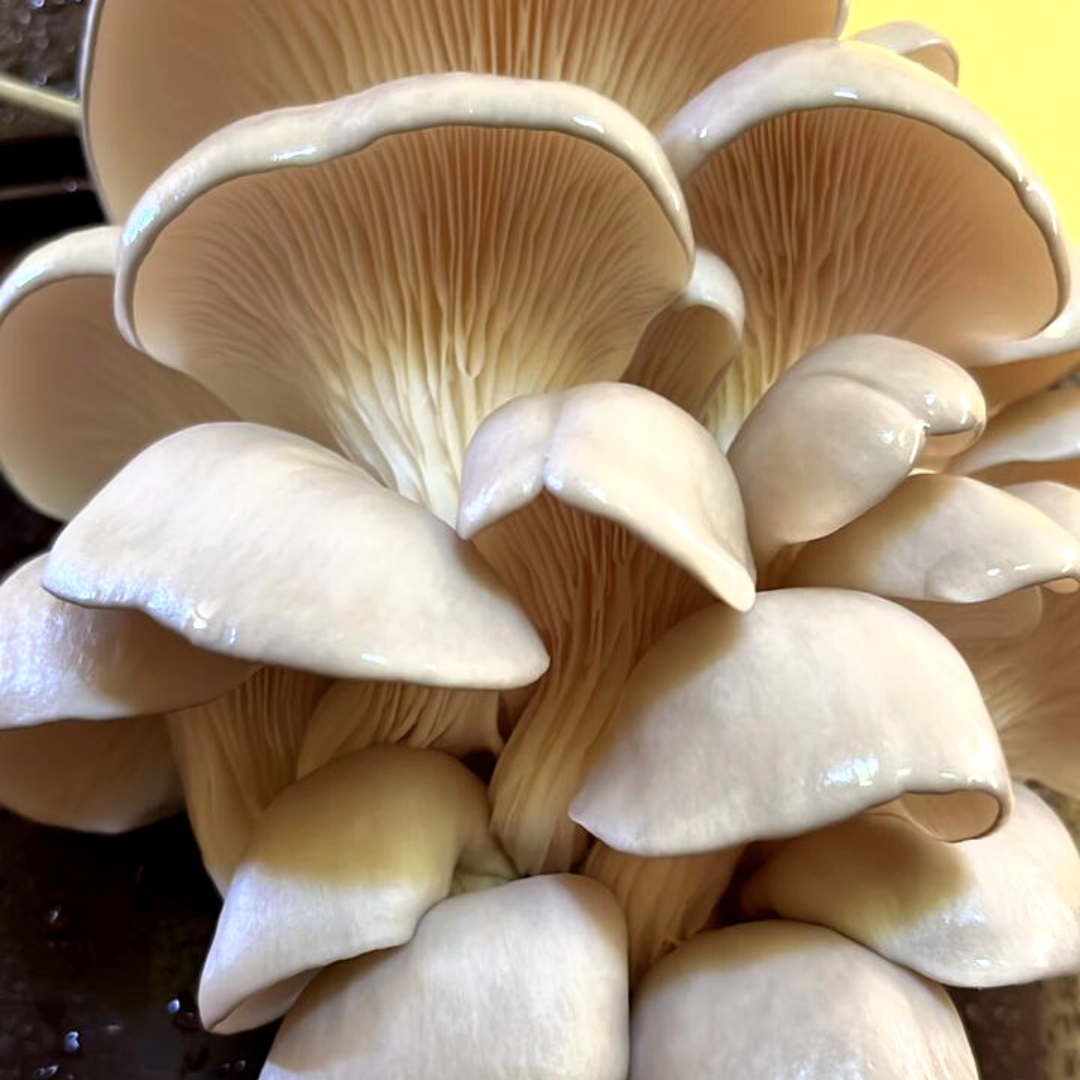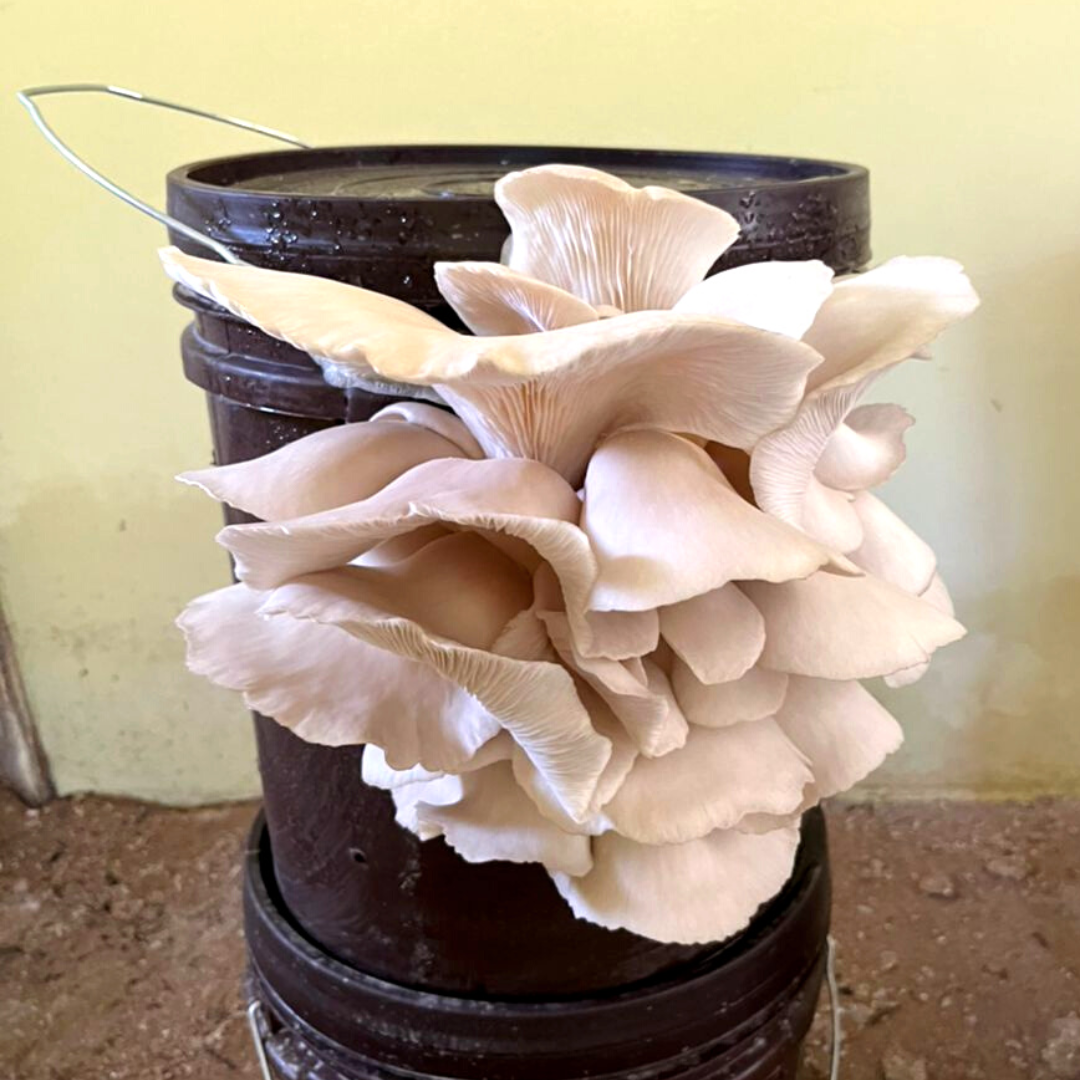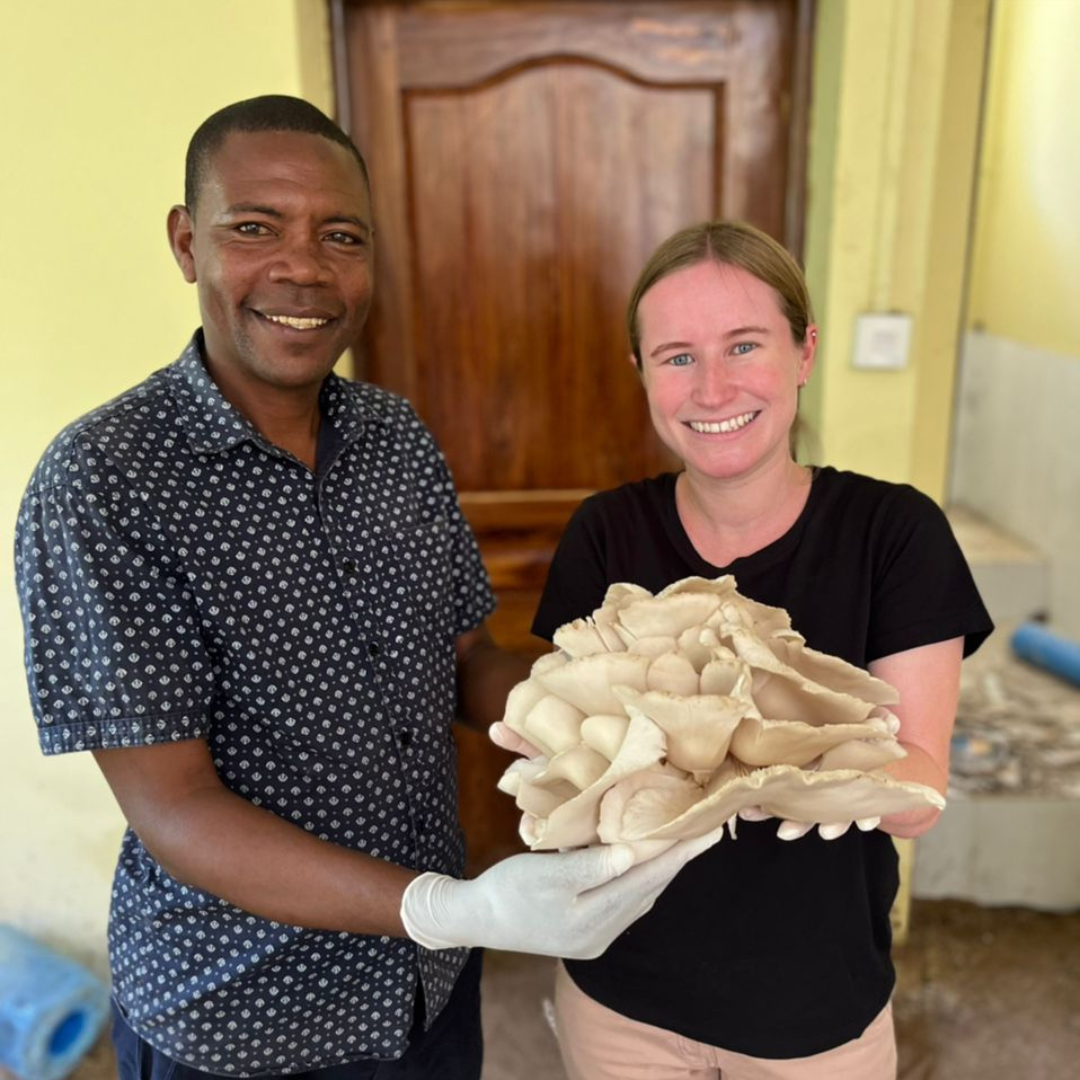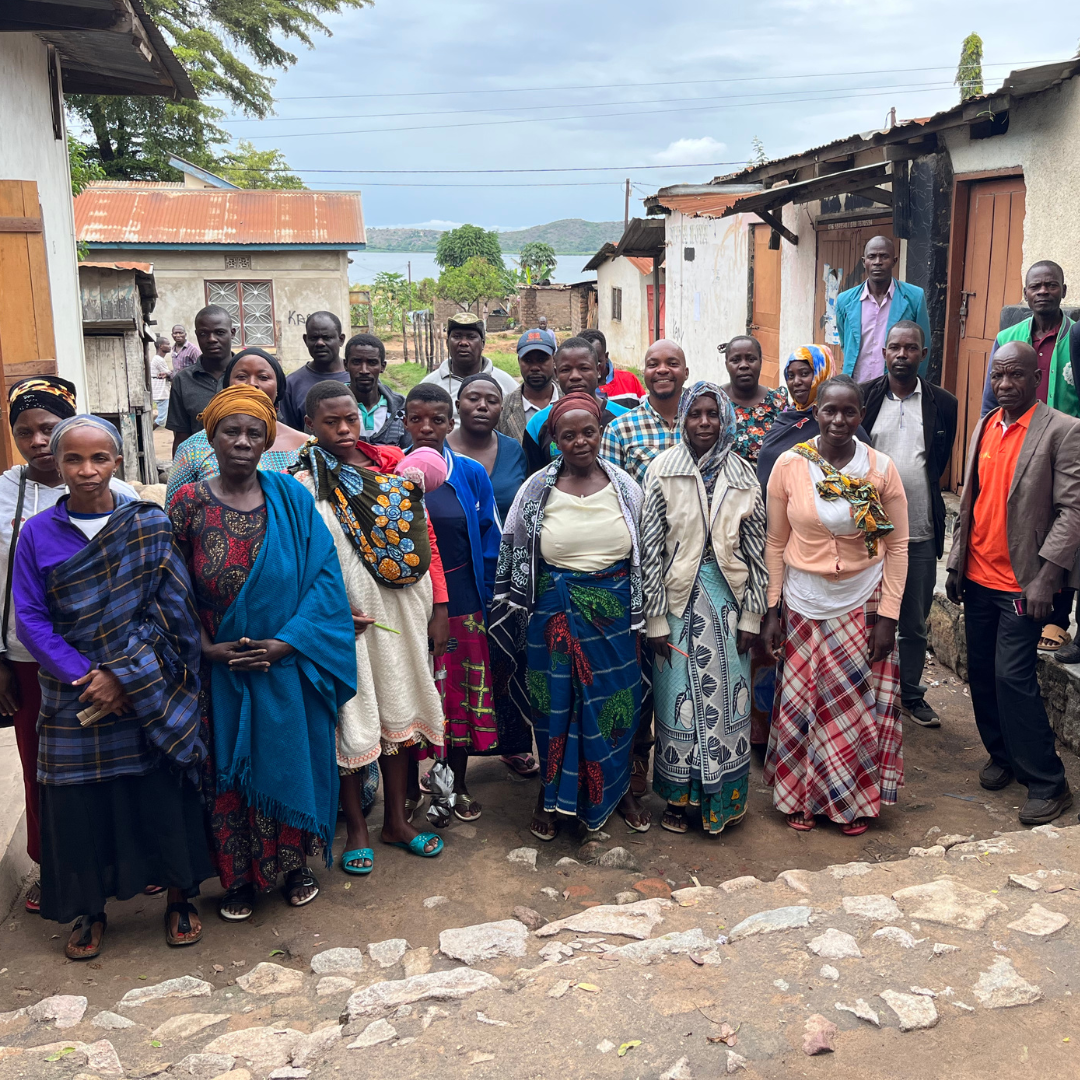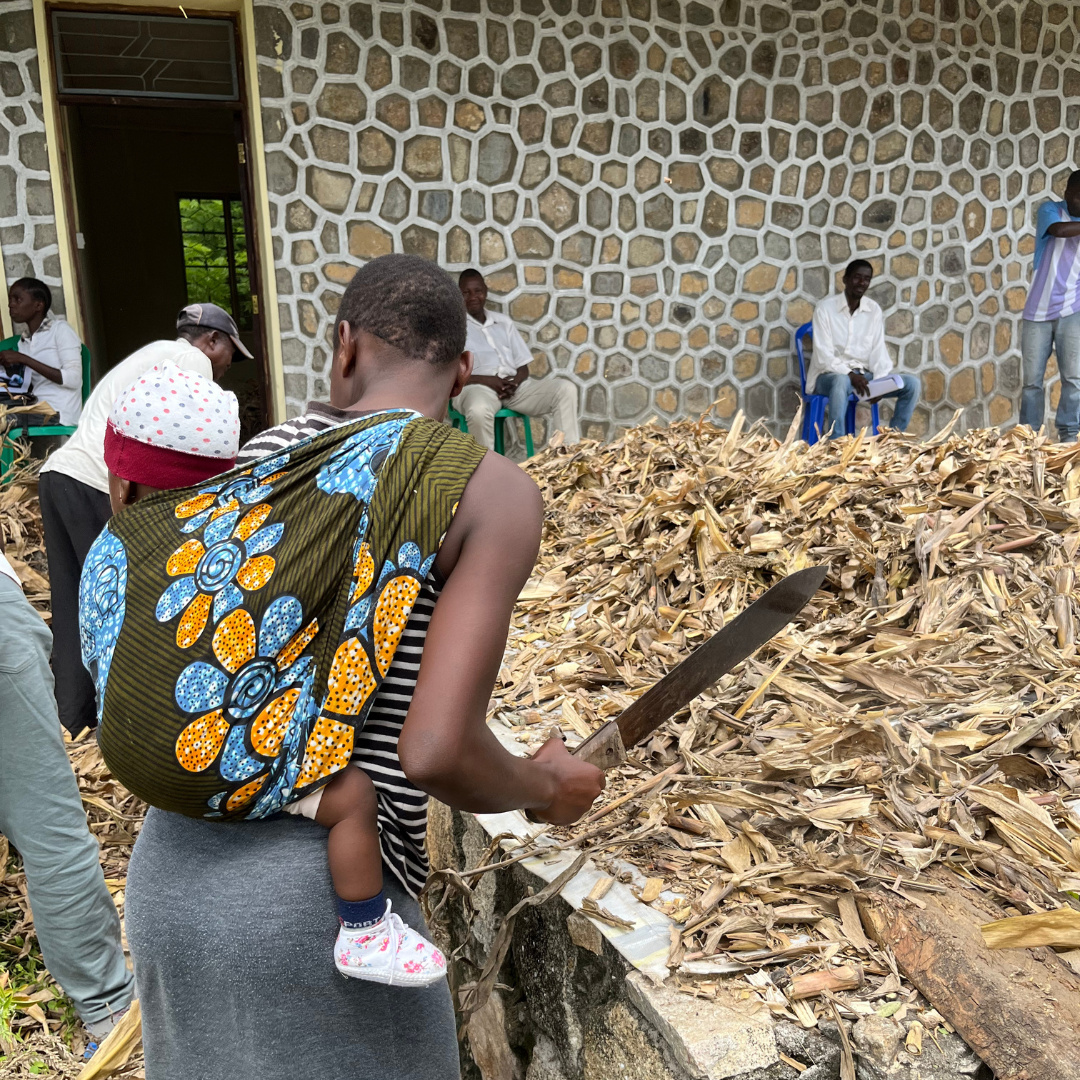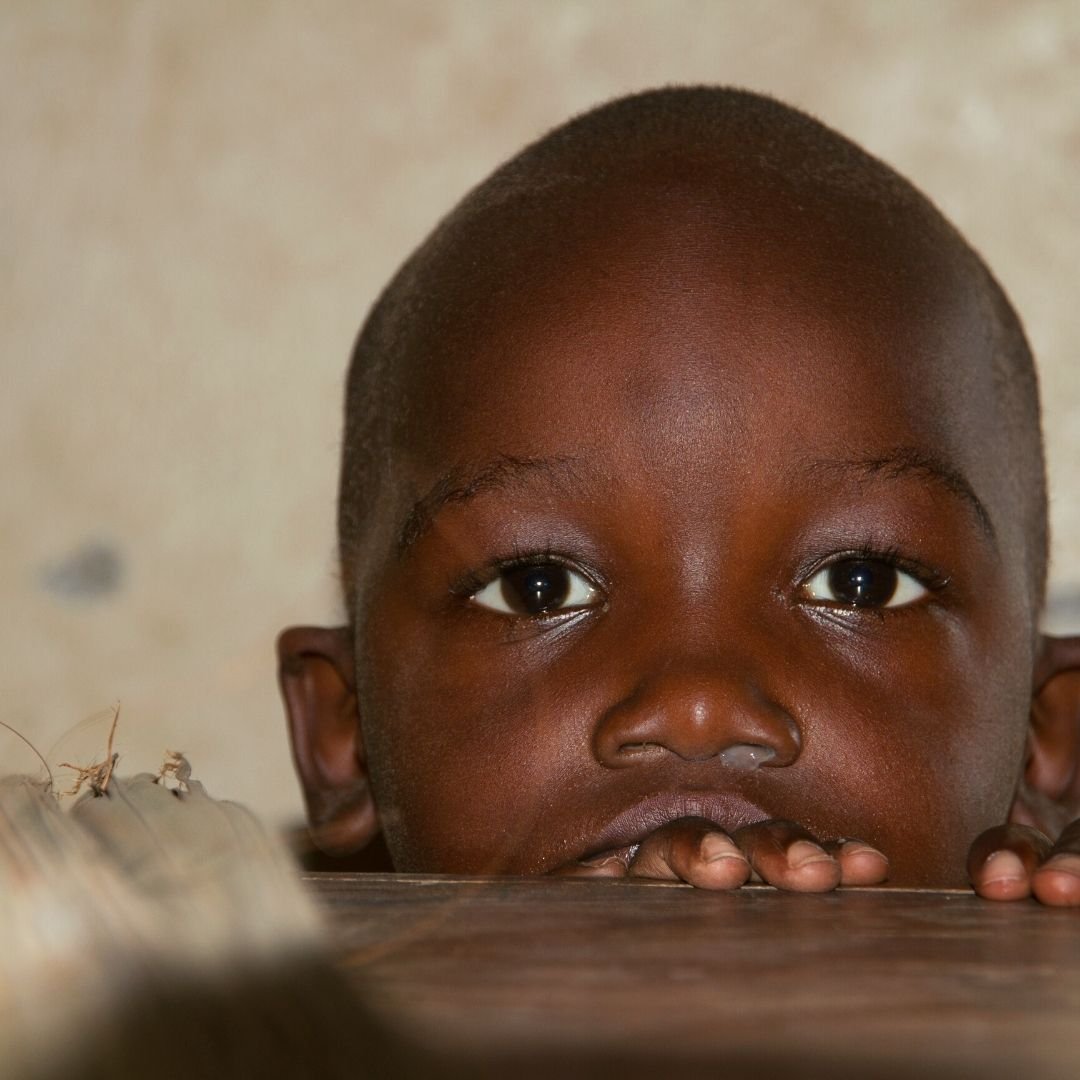Sustainability
Responsible Cyclic Agriculture and Prevents the Burning of Agricultural Waste
Our mushrooms are grown on agricultural waste, saving expenses, and preventing the common practice of burning waste.
Avoiding burning of agricultural waste ties in with climate change best practises.
No Pesticides or Fertiliser Required
This both saves on expenses while also ensuring no chemical runoff or harmful agricultural practices. Spent substrates can be reused or sold as fertilizer after the mushroom growth is complete.
With the current hike in fertiliser price and scarce availability this makes mushroom farming a very appealing and cost-effective crop. In addition, in rural areas women are often at a significant disadvantage in regard to purchasing quality fertiliser, since access to such products are often prioritized towards male farmers.
Long-Term Financial Growth Potential
There are several ways a farm could expand: Entrepreneurs can expand into more exotic, high-value mushroom strands as their financial stability increases. Alternatively, there is a growing market for medicinal mushrooms.
Further several niche products are being produced such as mushroom leather, mushroom bricks, or to dispose of oil spills and non-degradable waste products.
Part of our long-term project plan is to provide a safety-net option to purchase any surplus production which will be dried and exported as wholesale to the international market.
High Demand on the International Market
Dried mushrooms have a one-year shelf life and can be sold internationally to a wide range of customers. This includes both B2B and B2C customers, wholesaling, distribution, and to businesses for further processing.
We currently have buyers in Singapore and in East Africa for distribution in Europe and in the USA.
Financial Sustainability after Seed-Funding
After initial central set-up and establishment of first round of collaborative farms the project is financially sustainable with income generated from export of central production as well as surplus production from the collaborative farms.
As a not-for-profit, any financial surplus will be re-invested into further strengthening and expansion of the mushroom project or into our healthcare services.
Furthermore, interest has already been shown from international impact investing companies for further scaling and expansion.
Scalability to other areas
Long-term plans include scaling this project to other areas outside of Nyamatongo Ward. Interest for our project has been shown by organisations working in the refugee camps in the Kigoma area housing approximately 250,000 residents.
Additionally, a potential collaboration with companies working with other dried fruit and vegetables could be imagined. Also in this area, interest has been shown from potential partner companies.
What now?
Currently we are actively seeking seed funding for a year-long upscaling after which the project is financially sustainable.
Our goals include creating a permanent production and ongoing teaching centre at our Community Centre. In the first year we are aiming to have successfully trained 200 residents in mushroom farming. We will deliver ongoing support to new farms and provide teaching in business skills and banking.
Wellbeing and nutritional health will improve throughout the area for all its residents. There will be a steady supply of highly nutritious locally sourced produce and indirectly an increase in household income. It will also strengthen women and people with disabilities position in their communities.
Through an upscaled project we will also be able to safety-net newly established mushroom farms against loss from over-production by setting up procedures to approve and test each farm is in alignment with international requirements allowing their produce to be used for export.
You can of course help us get a head start towards our ambitious AUD $150,000 goal by clicking on the big green button to donate. Even $20 gets us towards this goal.
If you want to know more about the project you can contact Nina here.













